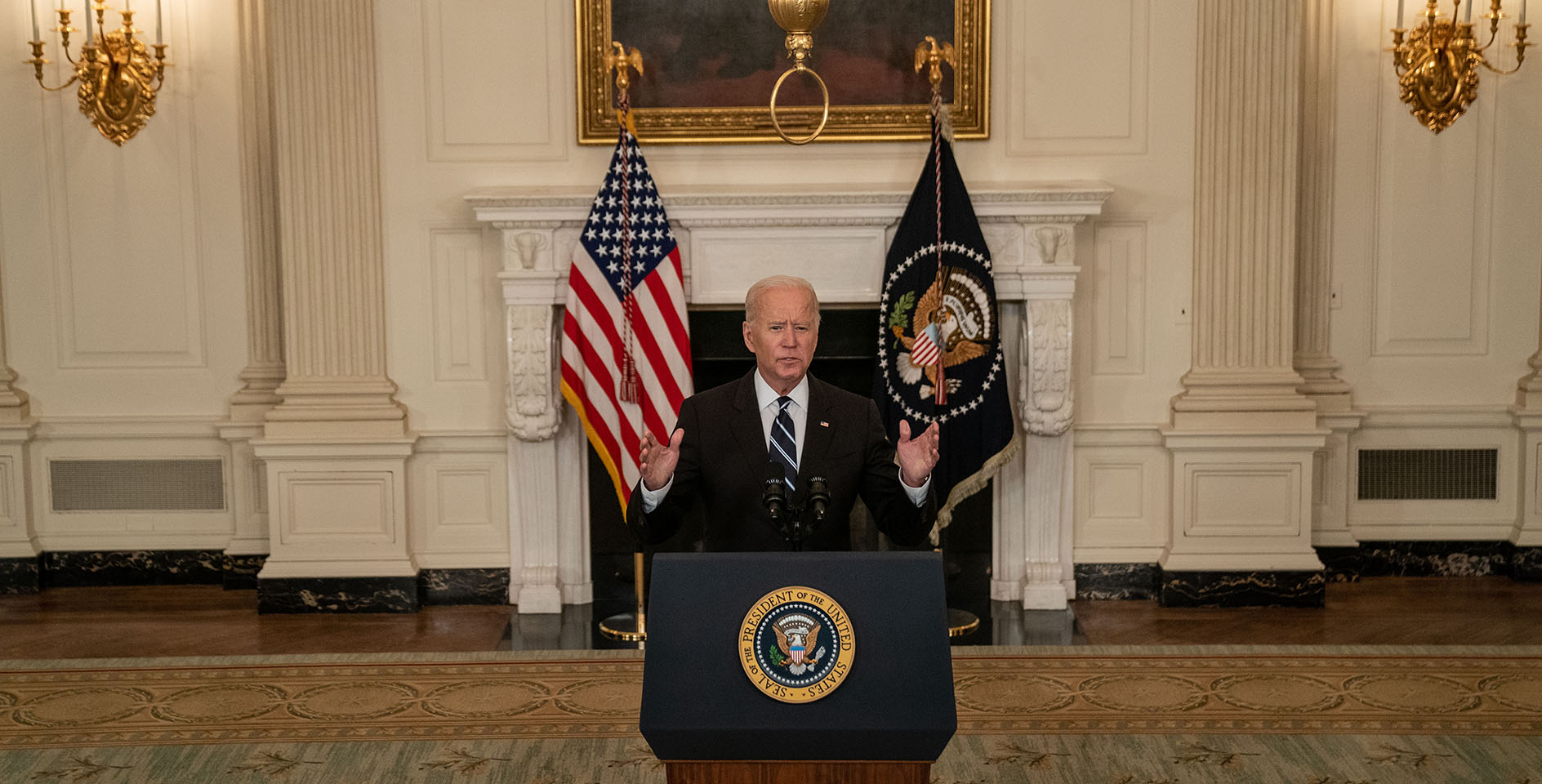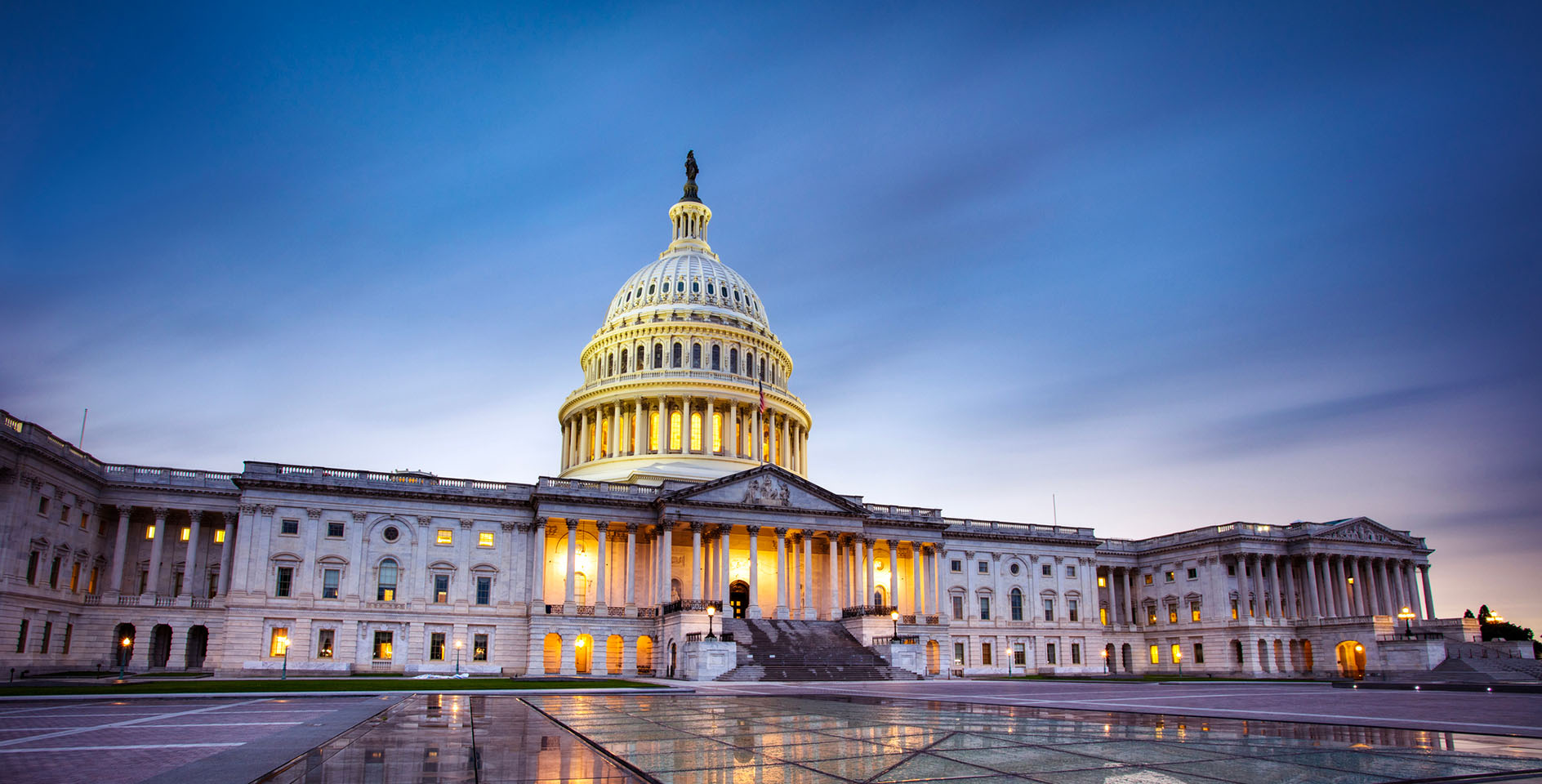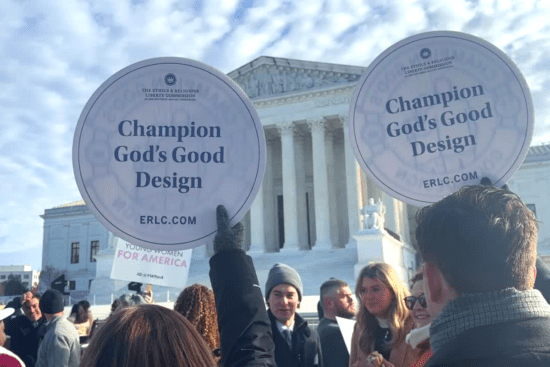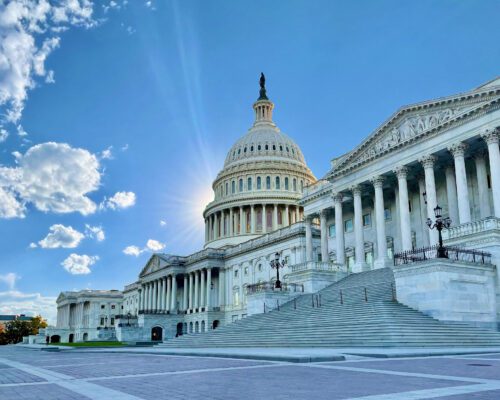This article is part one of a three part series:
Part 2
Part 3
Over the past year, the Biden administration has released and finalized several federal rules that affect issues Southern Baptists care about, including abortion, religious liberty, and the protection of children. These rules seek to push the administration’s anti-life, pro-“gender transition” agenda through enacting standards for new laws and revising old guidance for how federal agencies implement existing law.
What are federal rules?
Federal rules are legally binding regulations and guidance for use by government agencies and departments to implement and enforce the laws passed by Congress. Through these regulatory agencies, the executive branch interprets new legislation passed by Congress and establishes how these laws will be applied in practice. Additionally, in recent years, there has also been a push by the executive branch to use federal rulemaking to alter existing rules without being given new authority by Congress.
The process of federal agency regulations in the United States involves several steps.
- When Congress passes a law, federal agencies may be given additional authority to regulate a specific area or issue.
- The agency then drafts a proposed regulation and publishes it in the Federal Register, a daily publication of the U.S. government. This notice of proposed rulemaking (NPRM) includes the proposed text, the agency’s justification for the rule, and an invitation for public comment.
- After the NPRM is published, the public, industry stakeholders, and other interested parties have a set period (usually 30-60 days) to submit comments, suggestions, or objections to the proposed rule. The ERLC frequently submits comments on rules that are of particular concern for Southern Baptists (see more below).
- The agency is required to review and respond to concerns raised in the comments received during the public comment period. Agencies may also choose to modify the proposed rule based on the feedback.
- Once the comment process is completed, the agency publishes the final version of the regulation in the Federal Register, along with a summary of the comments received and the agency’s responses to those comments.
Under the Congressional Review Act, Congress has the opportunity to review and potentially disapprove of new federal regulations within 60 legislative days of publication at the end of a given Congress. Any rules finalized by mid-May of this year will not be subject to CRA review by the new 119th congress and can’t be overturned by them through the CRA mechanism, although there are still other mechanisms legislators can use to undo harmful regulations.
In addition to overturning these rules through the CRA, these rules can also be altered or undone by a legislative act of Congress, a special provision being added in government spending bills, and executive orders issued by a future presidential administration.
Once the regulation takes effect, the agency is responsible for enforcing it and ensuring compliance. Affected parties may challenge the regulation in court if they believe the agency overstepped its authority or the rule is unconstitutional.
Over the past month, the Biden administration has finalized numerous problematic rules that undermine religious liberty. Parts two and three will address 10 of these rules in further detail.
Why does federal rulemaking matter for Southern Baptists?
One of the primary ways the federal government seeks to protect or undermine pro-life and religious liberty protections is through government spending. The ERLC has continually sought to ensure federal funding is not used to fund or otherwise facilitate abortions, gender transitions, or other egregious religious liberty concerns that violate the consciences of taxpayers. Federal rulemaking builds upon our appropriations work by directing how agencies use the funds they are appropriated to either protect or undermine life and strengthen religious liberty protections.
Below is a list of 10 of the finalized rules we have filed comments on:
- Designated Placement Requirements Under Titles IV-E and IV-B for LGBTQI+ Children
- Enforcement Guidance on Harassment in the Workplace
- HIPAA Privacy Rule To Support Reproductive Health Care Privacy
- Implementation of the Pregnant Workers Fairness Act
- Nondiscrimination in Health Programs and Activities
- Nondiscrimination on the Basis of Sex in Education Programs or Activities Receiving Federal Financial Assistance
- Reproductive Health Services
- The Partnerships With Faith-Based and Neighborhood Organizations
- The Safeguarding the Rights of Conscience as Protected by Federal Statutes
- Unaccompanied Children Program Foundational Rule
This is part one in a three-part series about the federal rulemaking process, the Biden administration’s proliferation of harmful federal rules, and how the ERLC has been active on each of the regulations mentioned below. Watch for part two next week when we’ll go into more detail about these regulations and why Southern Baptists should be concerned. As always, the ERLC will continue to work with a coalition of organizations that will challenge these rules in court.













